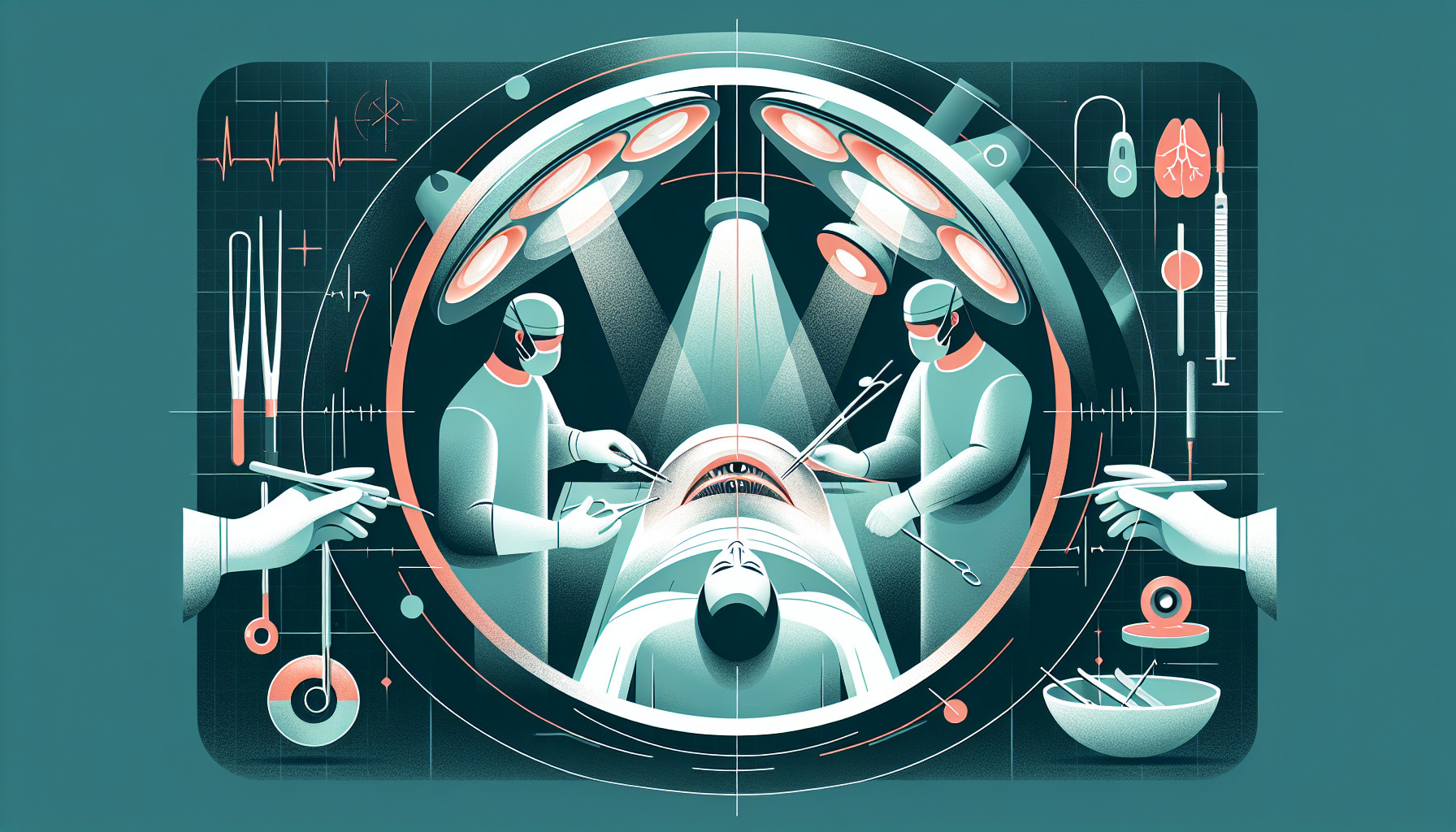Our Summary
Cataracts are the leading cause of blindness worldwide, affecting between 9 to 12 million people. The only way to treat cataracts is to surgically remove them. In India, where many people suffer from cataracts, there aren’t enough resources to perform the preferred surgery. This study looked at a different, cheaper type of surgery called manual Small-Incision Cataract Surgery (SICS), which doesn’t require a machine and allows patients to recover their vision sooner.
The researchers carried out this type of surgery on 50 patients over the age of 40 and checked how well they could see and how much their vision had been distorted by the surgery after 1, 4, and 6 weeks. They found that 96% of the patients had good vision 6 weeks after surgery. This suggests that manual SICS could be a good alternative to more expensive surgeries, particularly in places where resources are limited.
FAQs
- What is the leading cause of blindness worldwide?
- What is manual Small-Incision Cataract Surgery (SICS) and why is it considered for treating cataracts in India?
- What were the results of the study that used manual SICS on cataract patients over the age of 40?
Doctor’s Tip
A doctor might advise a patient undergoing cataract surgery to follow all pre-operative instructions carefully, including stopping certain medications, fasting before the surgery, and arranging for someone to drive them home afterwards. They may also recommend taking it easy for a few days after surgery to allow the eye to heal properly. It’s important to attend all follow-up appointments and report any unusual symptoms or changes in vision to the doctor promptly. Following these guidelines can help ensure a successful outcome and a speedy recovery.
Suitable For
Typically, patients who are recommended for cataract surgery are those who are experiencing blurred or cloudy vision, difficulty seeing at night, sensitivity to light, double vision in one eye, or colors appearing faded. Additionally, patients who have trouble with daily activities such as driving, reading, or watching TV due to their cataracts may also be recommended for surgery. Older adults over the age of 40 are more likely to develop cataracts, but cataracts can also occur in younger individuals due to factors such as diabetes, eye injury, or prolonged use of certain medications. Ultimately, the decision to undergo cataract surgery is based on the individual patient’s symptoms, overall health, and lifestyle needs.
Timeline
Before cataract surgery:
- Patient experiences blurry or cloudy vision, difficulty seeing at night, sensitivity to light, and colors appearing faded.
- Patient visits an eye doctor who confirms the presence of cataracts and discusses treatment options.
- Patient undergoes pre-operative evaluations and tests to ensure they are a suitable candidate for surgery.
After cataract surgery:
- Patient is given anesthesia and the cataract is removed through a small incision in the eye.
- Patient may experience some discomfort or itching in the eye immediately after surgery.
- Patient is instructed to use eye drops to prevent infection and promote healing.
- Patient may experience improved vision within a few days to a few weeks post-surgery.
- Follow-up appointments are scheduled to monitor the healing process and ensure optimal results.
Overall, cataract surgery can significantly improve a patient’s quality of life by restoring clear vision and reducing the risk of blindness.
What to Ask Your Doctor
- What are the risks and potential complications associated with cataract surgery?
- How long is the recovery time after cataract surgery?
- Will I need to wear glasses or contact lenses after the surgery?
- What type of anesthesia will be used during the surgery?
- How experienced is the surgeon in performing cataract surgeries?
- What is the success rate of cataract surgery in general, and specifically with the type of surgery being recommended?
- Will I need any special follow-up care or appointments after the surgery?
- How soon after the surgery will I notice an improvement in my vision?
- Are there any restrictions on activities or medications I should be aware of before and after the surgery?
- Are there any lifestyle changes I should consider to help improve the outcome of the surgery?
Reference
Authors: Kumar N, Kaur G, Chadha C, Sethi N, Gupta NR, Gauri S. Journal: Indian J Ophthalmol. 2022 Nov;70(11):3933-3937. doi: 10.4103/ijo.IJO_1582_22. PMID: 36308130
